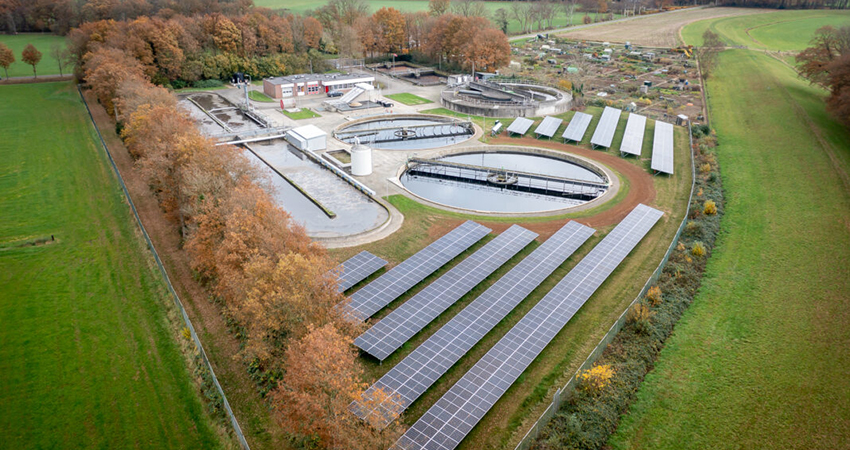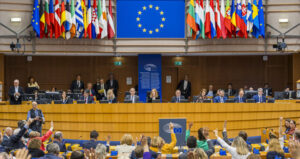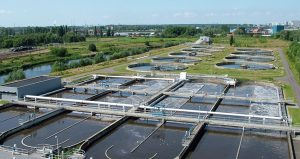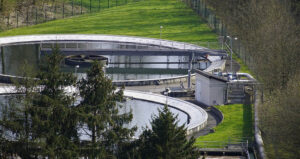Recast UWWTD: EP-rapporteur calls for energy neutral WWTP’s

-
 Fergal MacErlean
Fergal MacErlean
Share article:
Waste Water Treatment Plants have to become energy neutral before 2041. Energy neutrality is a major amendment to the recast Urban Waste Water Treatment Directive (UWWTD) as detailed in rapporteur Nils Torvalds’ draft proposal for a new directive of the European Parliament concerning urban wastewater treatment.
Solar energy and biogas
The Swedish People’s Party of Finland MEP notes in his report that ‘the wastewater treatment sector offers the opportunity to significantly reduce its own energy consumption and to produce renewable energy, for example, by better use of the available surfaces in urban wastewater treatment plants for solar energy production or by producing biogas from sludge.” Energy neutrality was not included in the EC-proposal of the revision of the UWWTD.
Legal obligations
Torvalds believes ‘clear legal obligations’ should be put in place so that Member States should be required to ensure that the total annual energy used by all urban waste water treatment plants on their national territory treating a load of 10 000 p.e. is from renewable sources. Reaching the energy neutrality target would lead to a reduction of 46 per cent of greenhouse gas emissions from Europe’s plants the report notes.
Extend deadlines
EurEau members, who manage 18,000 waste water treatment plants, welcomed the amendment. “We strongly support his amendment regarding the energy neutrality targets providing a holistic approach to the matter which reflects the reality of the wastewater sector”. But the group, which operates the plants for 435 million people, added that ‘the deadlines will need to be extended’, EurEau said in a statement.
Common sense
Torvalds’s common sense approach is also seen in relation to his proposal for Member States to list areas prone to eutrophication, including with information on whether they are phosphorus-sensitive or nitrogen-sensitive areas. The report notes that subsequent measures to tackle the problematic pollutant could be taken on that basis without having the need for strict requirements on the reduction of both nutrients which ‘could incur high costs with little to no additional environmental benefits.’
Society has to pay for pollution
The report also argues for society to finance the clean-up of micro-pollutants from pharmaceuticals and PCPs as these products ‘have a societal added value’. “A national financing programme of which a system of extended producer responsibility is a part is the most appropriate means to achieve this, as it would decrease the financial impact on the taxpayer and water tariff, while providing an incentive to develop greener products,” it notes.
Extended Producer Responsibility
EurEau strongly disagrees. The European Federation of National Associations of Water Services said: “Regarding the extended producer responsibility, we maintain our strong support for the European Commission proposal, as an appropriate way of implementing the Polluter Pays Principle in the water sector, as was highlighted by the European Court of Auditors. Dilution of EPR will increase the financial burden on municipalities, tax payers and water consumers.”
Derogation
The rapporteur also considers that removal of nutrients from wastewater could be more ambitious given that phosphorus removal with iron salts/chemical solutions is relatively cheap. For nitrogen, removals are more difficult due to bacterial processes, requiring more space and warmer temperatures, therefore making it more difficult in an area where the water temperature is on average below 12 degrees Celsius. The rapporteur suggests that Member States may offer a derogation to the treatment plants for not meeting the set out nitrogen reduction targets on days when the temperatures are below 12 degrees Celsius.


















